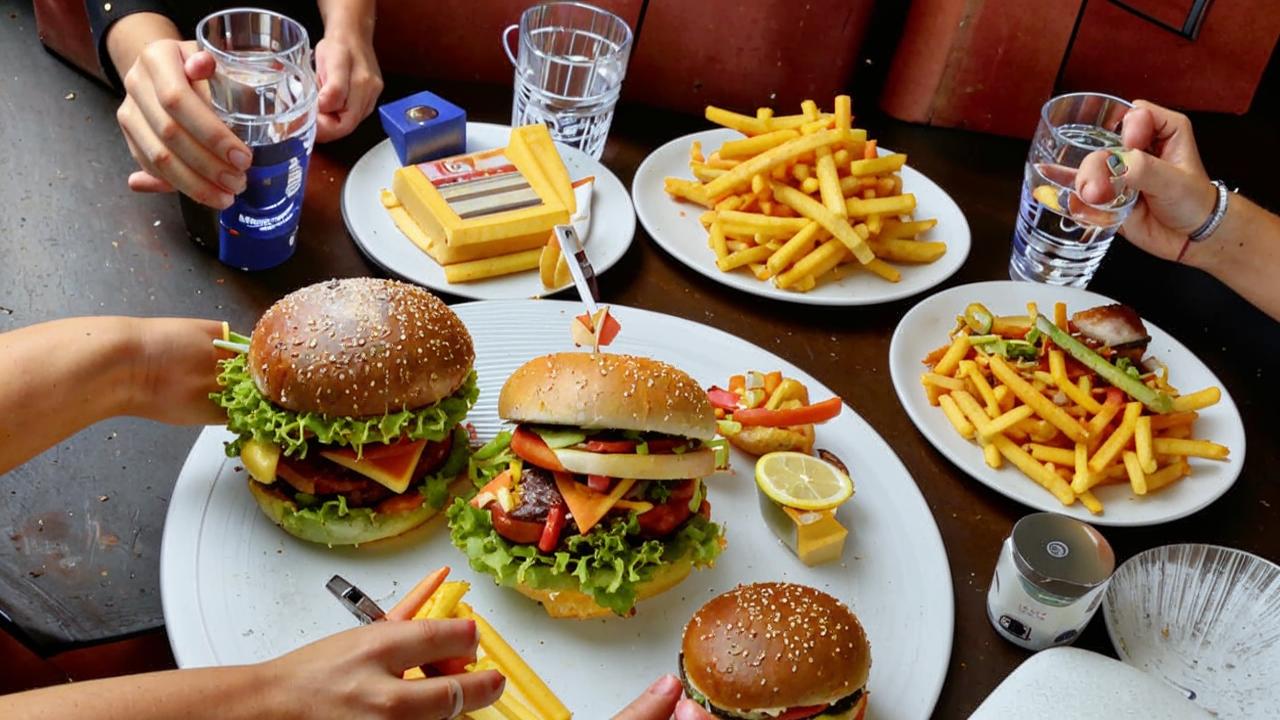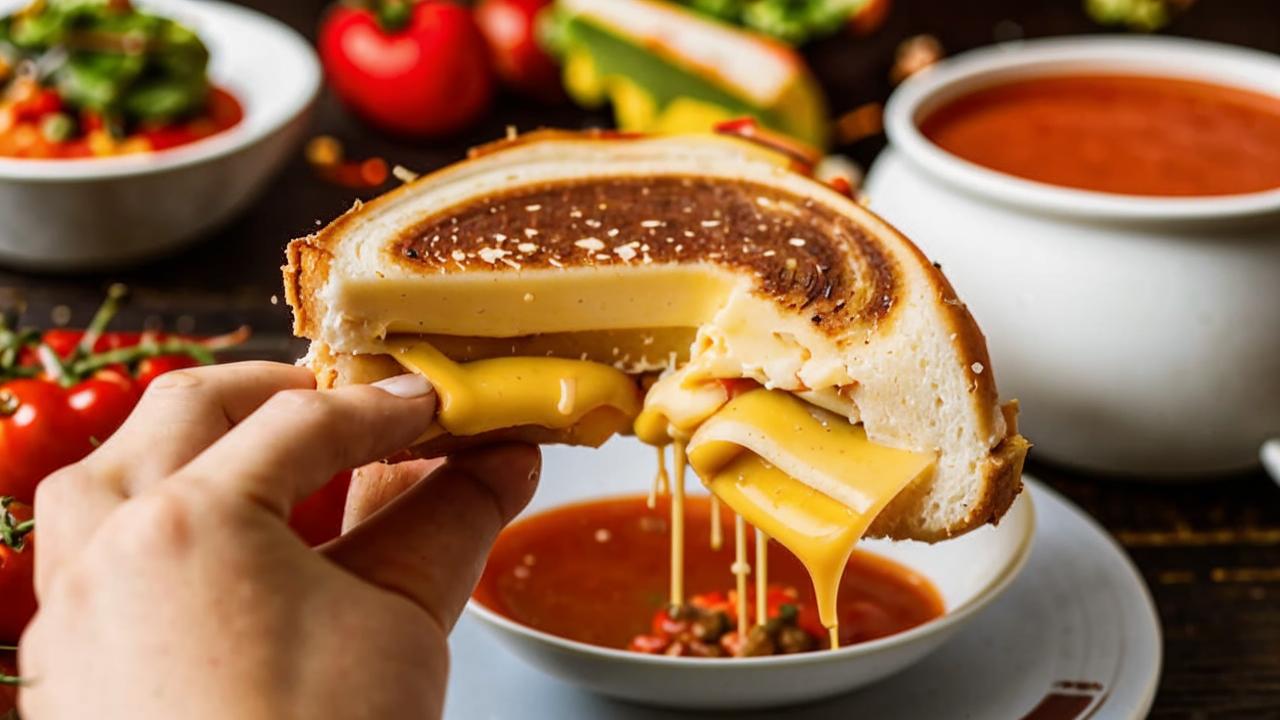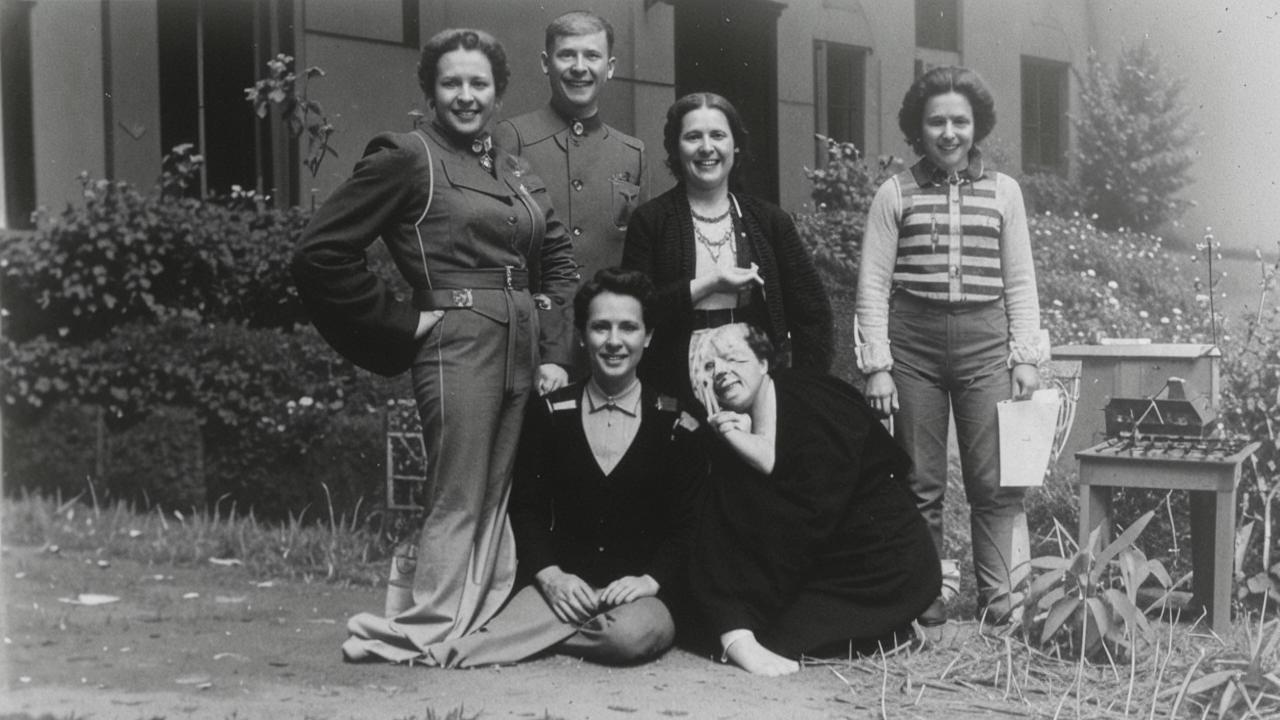The habit of eating quickly haunts almost everyone: you grab a glass of coffee and a pastry on the way to work and run on. Convenient, we do not argue, but chewing at speed – harmful. Then how long should a meal last? We tell you!

odborník na výživu
Constant snacking on the go can lead to various diseases. Today you swallowed an uncut piece of food, and many years later your joints will be diseased.
What happens if you eat in a hurry?
Scientists say that a quick meal can lead to weight gain. If you don’t chew your food and literally swallow it, your brain simply doesn’t have time to react. You will realize that you have eaten too much when it is too late. Those who eat in a hurry are more likely to overeat.
Portion size also matters: studies show that the more food on the plate, the more people eat. Scientists themselves explain it this way: when we eat quickly, we do not have time to satiate, and then overeat. And this is the first step to weight gain. That is, the volume of the portion eaten depends on how fast you eat.

According to nutritionist Lidia Kvashina, a healthy meal should last at least 30-40 minutes. The fact is that the process of digestion begins from the moment the food enters the mouth. In the composition of saliva there is mucin, which helps to form and glue the food clump. Under the action of enzymes of saliva in the oral cavity begins digestion of carbohydrates with the breakdown of them into dextrins – products of partial breakdown of polysaccharides. This means that the more thoroughly you chew your food, the better it will be digested in the stomach.
In addition, during this process begins to produce hydrochloric acid, on the presence of which depends on the digestion of proteins. Why is this important? Undigested protein will not be broken down into the necessary amino acids and in an unprocessed form will go to the intestines, provoking the process of putrefaction there and causing discomfort.

Lýdia Kvašninová
odborník na výživu
There is an opinion that food should be chewed up to 30 times, but it is better to focus on taste sensations. As soon as you stop feeling the taste of food, you can move to swallowing. It is believed that it is necessary to leave the table a little hungry.
There is a common sense in this, because the signal of satiety comes about 20 minutes after eating. Therefore, there is always the possibility of overeating, and this will entail heaviness, bloating, discomfort and extra pounds.
Why shouldn’t you eat on the go and chew at speed?
Nutriciologist notes that constant snacking on the go can lead to various diseases, among which are:
- heartburn;
- gastritis;
- vredy;
- disruption of the intestinal microflora.

That’s not all: unformed food lump can lead to trauma to the mucous membrane of the stomach and intestines. But the consequences can be even more serious, such as diabetes and disruption of hormonal balance.

Lýdia Kvašninová
odborník na výživu
The human body was created in the course of evolution as something perfect, which is a chain of biochemical, mechanical and other reactions that follow each other. When we disrupt this millennia-long chain, it is impossible to predict the consequences.
It can be compared to the butterfly effect: today you have swallowed a piece that has not been chopped, but many years later your joints will be diseased. This could happen because the damage to your intestines has made them permeable and substances that shouldn’t be there have entered the bloodstream. Think about this the next time you rush to gulp down a healthy whole wheat bread sandwich with chicken breast and salad.





